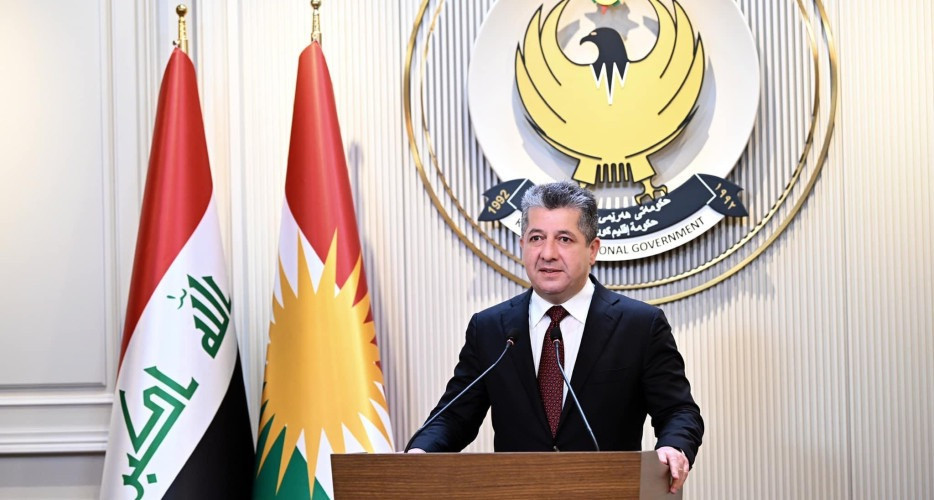
Peregraf
The Kurdistan Regional Government (KRG) has welcomed the “historic agreement” announced by Iraqi Prime Minister Mohammed Shia’ al-Sudani on Thursday over the management of crude oil exports, confirming that exports from the Kurdistan Region will resume within 48 hours.
KRG Prime Minister Masrour Barzani, in a post on X (formerly Twitter), said the agreement was “the result of tireless efforts by teams and delegations from all parties” including the Kurdistan Region, oil-producing companies, the Federal Ministry of Oil, and the State Oil Marketing Organization (SOMO).
“With this step, the Kurdistan Region reconnects to global oil markets,” Barzani wrote. “On this historic day, a major obstacle to securing the financial dues of the people of Kurdistan was removed. With the resumption of oil exports, we emphasize the need to fulfill all constitutional rights of the Kurdistan Region.”
The KRG’s Ministry of Natural Resources also confirmed the breakthrough, stating: “Within the next 48 hours, the export of the Kurdistan Region’s oil will resume.” It added that the deal was reached following a trilateral agreement between the ministry, Iraq’s Ministry of Oil, and international oil companies operating in the Region.
Earlier in the day, Prime Minister Mohammed Shia' Al-Sudani announced that Baghdad and Erbil had reached a “historic agreement” under which the federal Ministry of Oil will receive crude produced in the Kurdistan Region and export it via the Iraq–Turkey pipeline through Ceyhan.
“This ensures fair distribution of wealth, diversification of export outlets, and encouragement of investment. An achievement 18 years in the making,” Al-Sudani said on X.
The deal is expected to end more than two years of deadlock over the Region’s oil exports, which were halted in March 2023 after an international arbitration ruling in Paris sided with Baghdad in its dispute with Ankara over pipeline operations.
Following Al-Sudani’s announcement, the Iraqi Federal Ministry of Oil issued an official statement outlining the framework of the deal. It confirmed that all crude from the Kurdistan Region—except volumes reserved for local consumption—will be delivered to the Iraq National Oil Company (SOMO) for export via Turkey.
The ministry emphasized that exports will be conducted in line with “approved original procedures, the constitution, the Federal General Budget Law, and decisions of the Federal Court.” It also underlined the importance of transparency in oil revenues, saying the agreement would strengthen public finances and increase the government’s ability to fund services and development projects.
The long-running disputes over the management of oil and gas resources have often strained relations between Baghdad and Erbil. While the KRG previously exported oil independently through Turkey, Baghdad has consistently insisted on its constitutional authority to oversee all of Iraq’s oil wealth.
Observers say the agreement could pave the way for resolving wider financial and political disputes, including budget transfers and revenue-sharing with the Kurdistan Region. It is also seen as a crucial step in reinforcing Iraq’s role in global energy markets and improving relations with Turkey, the key transit partner for the pipeline.